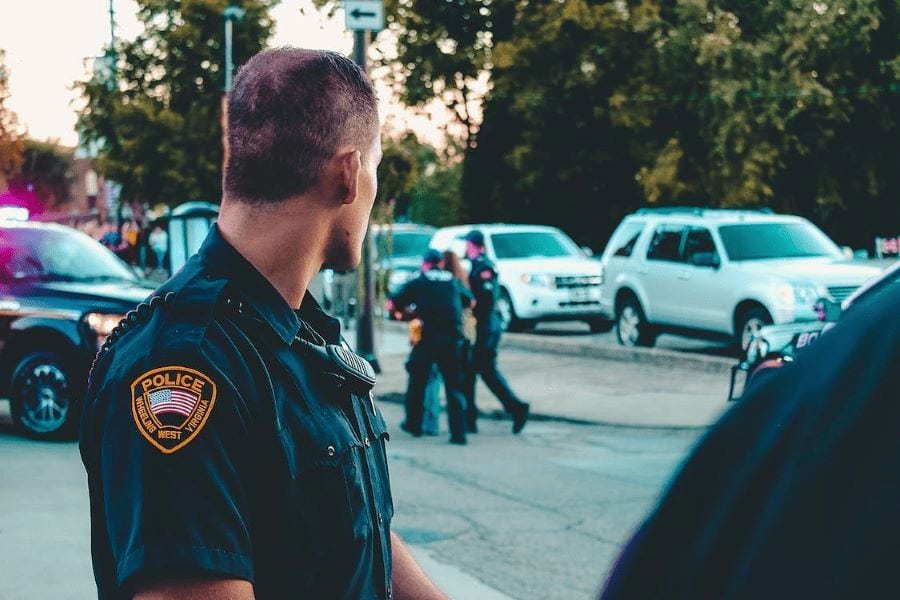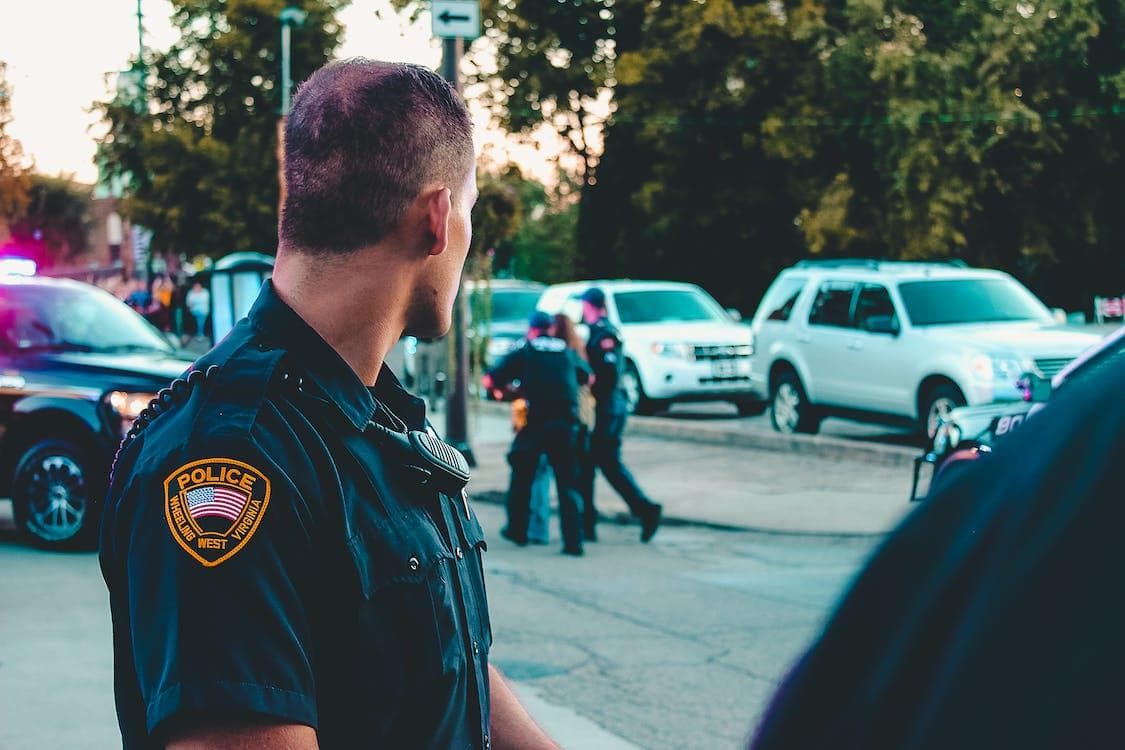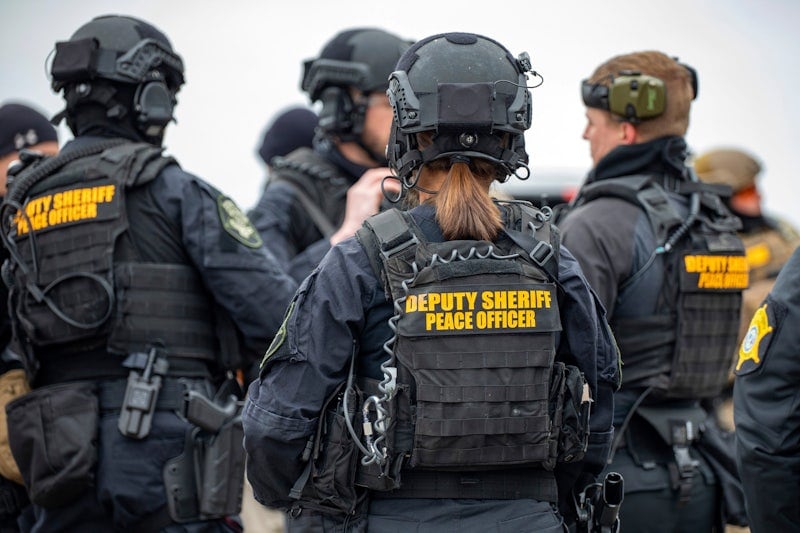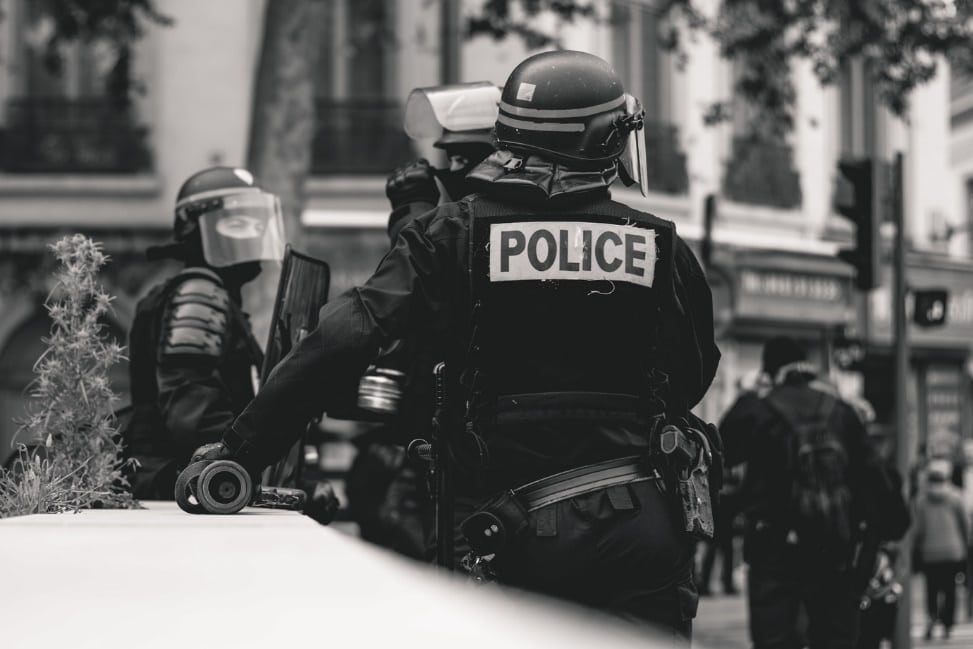
In today’s society, police play a crucial role in maintaining law and order. However, there are times when interactions with law enforcement agencies can lead to challenging situations, including instances of alleged misconduct or excessive force. Understanding how to file a lawsuit against a police department can be a complex and daunting task. It’s important to navigate this process with care, ensuring your rights are protected while seeking justice.
Understanding Police Misconduct and Your Rights
Instances of police misconduct, such as excessive force, police officers brutality, or racial profiling by a police officer can result in criminal charges and a violation of an individual’s civil rights. When faced with such situations, it’s crucial to know your rights and the steps you can take to address these issues.
Recognizing Grounds for Filing a Lawsuit
Before delving into the legal procedures, it’s essential to recognize the grounds for filing a lawsuit against a police department. Cases of police custody involving excessive physical force, false arrest, cruel and unusual punishment, or any form of misconduct are typically the basis for legal action.
Steps to File a Lawsuit Against a Police Department
Seek Legal Counsel: The first and most crucial step is to seek legal representation. An experienced attorney specializing in police misconduct cases, civil rights violations, and wrongful death lawsuits can guide you through the process.
Gather Evidence: Building a strong case requires solid evidence. This includes police reports, witness statements, and any documentation of the incident. Your legal team can help gather and analyze this evidence.
Understand the Legal Process: Your attorney will guide you through the legal processes and options available. This can involve filing a civil complaint, understanding the Nevada Revised Statutes about police conduct, and potentially considering a criminal case against the officers involved.
Assess Your Case: With the help of your legal counsel, assess the strength of your case. Understanding the merits and challenges of your situation will help you navigate the legal system more effectively.
Initiate Legal Action: Your attorney will help you file the necessary paperwork to initiate the lawsuit. This could involve suing a police officer or police department for damages and seeking monetary compensation for injuries, emotional distress, or other damages incurred.
Court Proceedings: Your case will progress through the court system. Your legal representation will advocate for your rights, presenting your case and evidence before a judge and possibly a jury.
HURDLES IN CERTIFYING THE CLASS
Certifying a class in a lawsuit, especially against a police department, can present several hurdles. The class certification is a crucial stage where the court determines whether a lawsuit can proceed as a class action, representing a larger group of individuals affected by similar circumstances. In cases involving police misconduct, the following hurdles might arise:
Commonality and Typicality:
One of the primary requirements for class certification in a civil lawsuit is to prove that the claims of the class members share common questions of law or fact. Each individual’s case within the class should be typical of the others. Proving that the alleged misconduct or rights violation by the police department is uniform across the entire class can be challenging.
Adequacy of Representation:
The court needs assurance that the proposed class representative(s) will fairly and adequately represent the interests of the entire class. In cases against a police department, finding a representative whose case is a clear representation of the entire class and who can articulate the issues effectively can be a hurdle.
Defendant’s Opposition:
The defendant, in this case, the police department, might vigorously oppose class certification, citing various reasons to discredit the suitability of a class action. They may challenge the commonality of claims, the adequacy of representation, or the ascertainability of the class members.
QUALIFIED IMMUNITY AND ITS IMPLICATIONS
Another considerable challenge is the doctrine of qualified immunity. It’s a legal protection that shields government officials, including the police, from being held liable for discretionary actions unless they violate “clearly established” statutory or constitutional rights. This barrier often hinders victims of police brutality from holding officers accountable even if one could find a Nevada police misconduct attorney; the shield of qualified immunity often leads to the dismissal of many lawsuits.
FINANCIAL AND EMOTIONAL STRAINS
Bringing forth a lawsuit, especially a class action, is expensive and emotionally taxing. Gathering evidence, dealing with court procedures, and battling against entities with vast resources can quickly drain plaintiffs both financially and emotionally. Many victims might not have the financial means to afford a police assault lawyer in Las Vegas, making it even harder to navigate the system.
PUBLIC PERCEPTION AND MEDIA INFLUENCE
Police officers and police departments are often well-respected in communities, and any allegation against them might not be received well by the public. This could influence jury selection and the overall outcome of the case. Furthermore, the media plays a vital role in shaping public opinion. If the media portrays the police in a favorable light or dismisses the claims of victims, it could sway the trial’s direction.
Working with an Experienced Lawyer
An experienced lawyer specializing in police misconduct and civil rights violations can significantly impact the outcome of your case. They understand the complexities of the legal system and police misconduct lawyers can provide invaluable guidance and representation.
The Role of Government Agencies and Citizen Review Boards
In some cases, involving government agencies or citizen review boards might be necessary. These entities can provide additional oversight or avenues for addressing grievances against the Las Vegas police officers and suing the police department.

MONELL CLAIMS AND THE DIFFICULTY IN ESTABLISHING LIABILITY
Under the Monell doctrine, plaintiffs can only hold a municipality liable for police misconduct if they prove that the misconduct resulted from an official policy or law enforcement agency. This means that if law enforcement officers’ actions were egregious, the entire police department might not be held accountable unless there’s official evidence of a broader pattern or policy of misconduct.
Class action lawsuits against police departments present an avenue for victims of police misconduct to seek justice. However, the road to accountability is fraught with multifaceted legal, financial, and emotional challenges. Plaintiffs often face an uphill battle against daunting qualified immunity, shifting public perception, and the exceedingly high burden of establishing liability.
Nevertheless, with the determination and support of experienced professionals like the police brutality lawyer in Las Vegas, it’s possible to overcome these obstacles and secure justice.
If you or a loved one has experienced police misconduct and believe that a class action lawsuit is the right course of action, reach out to The Bourassa Law Group immediately. Our team of experienced police brutality attorneys is committed to fighting for justice and ensuring that your voice is heard.
Contact us today for a free consultation today!





